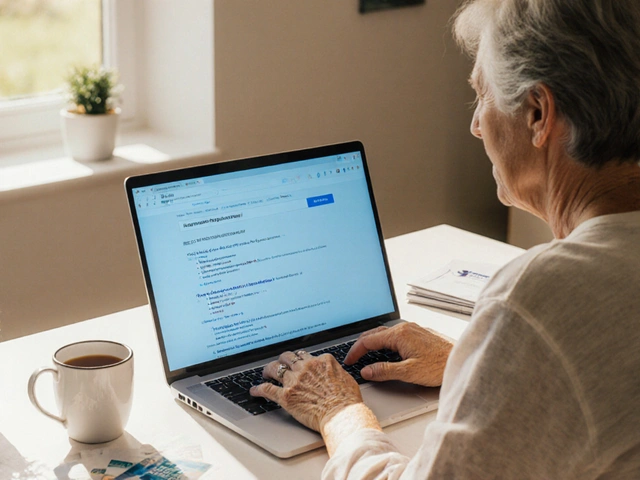Panic Disorder and Dating: Practical Tips from November 2023
Dating while managing panic disorder feels messy sometimes. In November 2023 we published a clear, friendly guide that focuses on making dates work without adding pressure. The post shares hands-on tips: communication, planning low-stress dates, calming moves when a panic hits, and how to set boundaries that protect your wellbeing and your relationship.
Start with honest, small disclosures. You don't owe anyone your full medical history, but a simple line — "I sometimes get panic attacks; here's what helps me" — sets the tone. Say what you need in plain terms: whether you need a quiet corner, a signal to pause the conversation, or permission to leave if you feel overwhelmed. That clarity saves awkwardness later.
Practical date ideas and pacing
Choose low-pressure settings. Coffee, afternoon walks, or a short museum visit let you control time and noise. Avoid crowded bars or long dinners for early dates. Bring a plan B: a nearby quiet spot, a short activity you enjoy, or an exit strategy you both agree on. Pace your time together — shorter meetups reduce the chance of a long panic cycle.
Use calming tools on dates. Breathwork, grounding exercises, a small sensory object (like a smooth stone), or a trusted app can help you ride out symptoms. Try a breathing method like 4-4-6: inhale 4 seconds, hold 4, exhale 6. Practice it beforehand so it's easier to use when you're nervous.
Talking, boundaries, and support
When to tell someone? I suggest early but brief disclosure — usually within the first few dates, once things feel safe. That shows you trust them and gives them a role: supporter, listener, or simply someone who knows how to react. Ask for specific help instead of vague expectations. For example: "If I get quiet, check in with me or give me space?"
Set clear boundaries. Boundaries are not rejection — they protect you and keep the relationship steady. Tell your date what you can handle: time limits, no surprises, or a gentle nudge if you seem tense. If a person dismisses your needs repeatedly, that’s a red flag worth noting.
Plan for setbacks. Panic symptoms can show up even with good plans. Make a recovery list: what calms you, who to text, and steps to leave safely if needed. Share the list with someone close beforehand so they can support you after a hard night or an anxious episode.
Finally, get help when needed. Therapy, medication, and support groups work. If your panic disorder limits daily life or dating often ends badly because of symptoms, talk with a mental health pro. Combining personal strategies with professional care gives the best chance to build healthy relationships without sacrificing your mental health.
Quick dos: practice breathing, plan short dates, name one support person, and rehearse your disclosure. Don't: ignore repeated dismissal, force long events too soon, or shame yourself for needing breaks. These steps make dating safer and more honest without killing the spark today.

Hi there! Today, I'd love to share some experiences and tips on navigating relationships while dealing with panic disorder. It can be challenging, believe me, but it's not impossible. From thoughtful communication to choosing the right date settings, we'll explore ways to find a balance between your love life and managing your condition. Navigating the world of dating can be complex, but with these tips, it's going to be a journey worth embarking on.
Continue Reading




